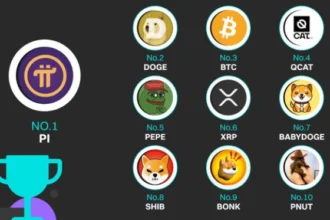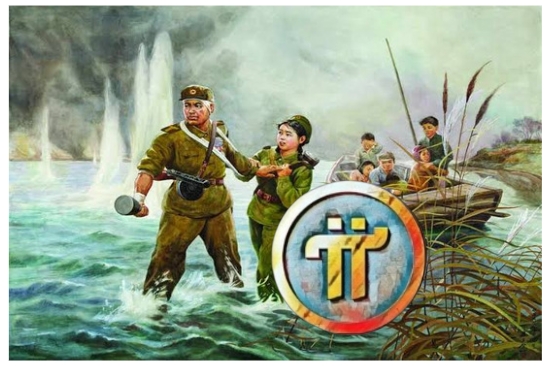In recent developments, the government of Equatorial Guinea has imposed restrictions on the sharing and downloading of multimedia files on WhatsApp. This measure was introduced following the reports that one of Baltasar’s victims has committed suicide when she noticed the trend of the scandal and how rapidly the explicit video content circulated. The scandal has caused widespread controversy, leading to a significant shift in government policy concerning internet and communication usage at the moment.
The Background of the Scandal
Reports indicate that hundreds of explicit videos allegedly featuring Engonga in which it is alleged that he had s3x with over 400 female staff surfaced and quickly spread on various social media platforms, notably WhatsApp. Due to the nature and volume of these videos, they became viral, sparking extensive discussion and speculation among citizens.
Government’s Response and Justification
The government cited the urgent need to control the “epidemic spread” of inappropriate content as a key reason for the restrictions. According to authorities, the widespread sharing of such material threatens national values and disrupts social harmony. The restrictions aim to curb the proliferation of sensitive content, particularly on WhatsApp, which has become a primary communication platform in Equatorial Guinea.
This move by the government has led to mixed reactions among the public. Some support the decision, viewing it as a necessary step to maintain social decency, while others argue that the government is infringing on personal freedoms and limiting the right to information and expression.
Technical and Social Implications of the Ban
By restricting multimedia downloads and sharing on WhatsApp, the government has effectively limited a large part of how citizens communicate and share information. This impacts not only social interactions but also how information flows within the country. The implications of such a restriction go beyond the immediate scandal, affecting businesses, social relationships, and the overall connectivity of citizens.
Some analysts argue that these restrictions could lead to increased use of alternative platforms or virtual private networks (VPNs) as citizens seek ways around the ban. Others worry that this action may set a precedent, allowing for further restrictions on digital freedoms in Equatorial Guinea.
Concerns Over Digital Rights and Freedom of Expression
Human rights advocates and digital rights organizations have voiced concerns about the broader implications of the government’s actions. They argue that such measures may infringe on freedom of expression and restrict the public’s access to information. Critics also suggest that the government may be using the scandal as a pretext for broader censorship measures, which could affect how citizens discuss and critique issues within the country.
The decision by the government of Equatorial Guinea to restrict multimedia sharing on WhatsApp highlights the challenges of balancing social order with digital freedoms in the face of scandal. While intended to curb the spread of explicit content, these restrictions raise questions about freedom of expression and the role of government in regulating online communication. As citizens and rights advocates continue to react, the situation underscores the ongoing struggle between maintaining cultural values and adapting to the demands of a digitally connected society. Read More















